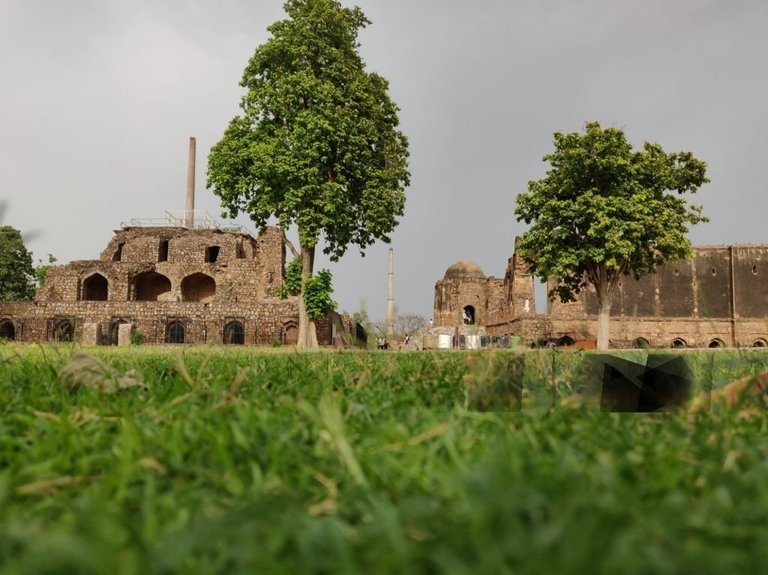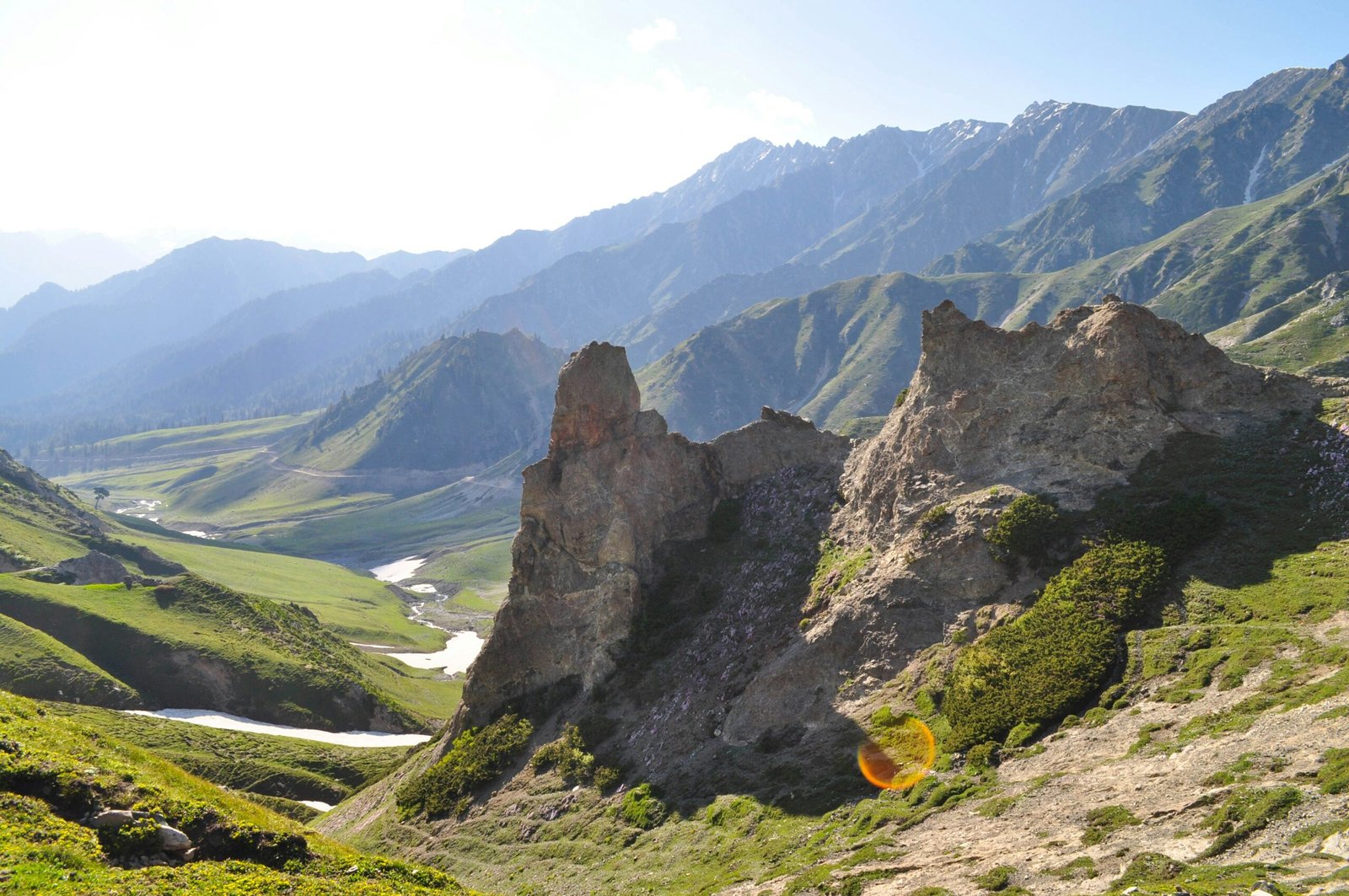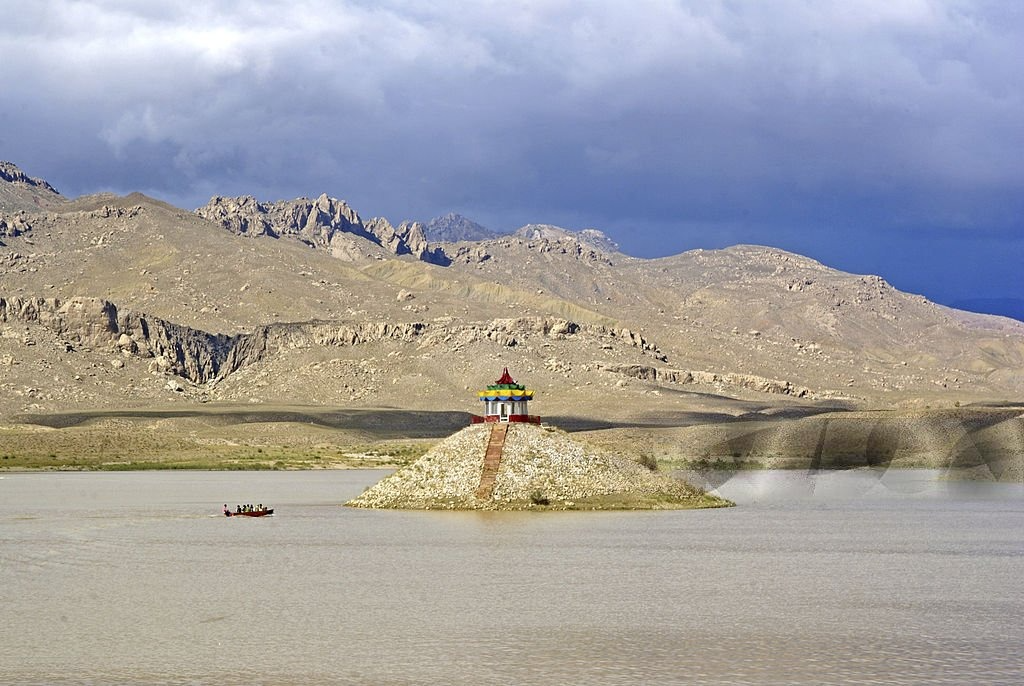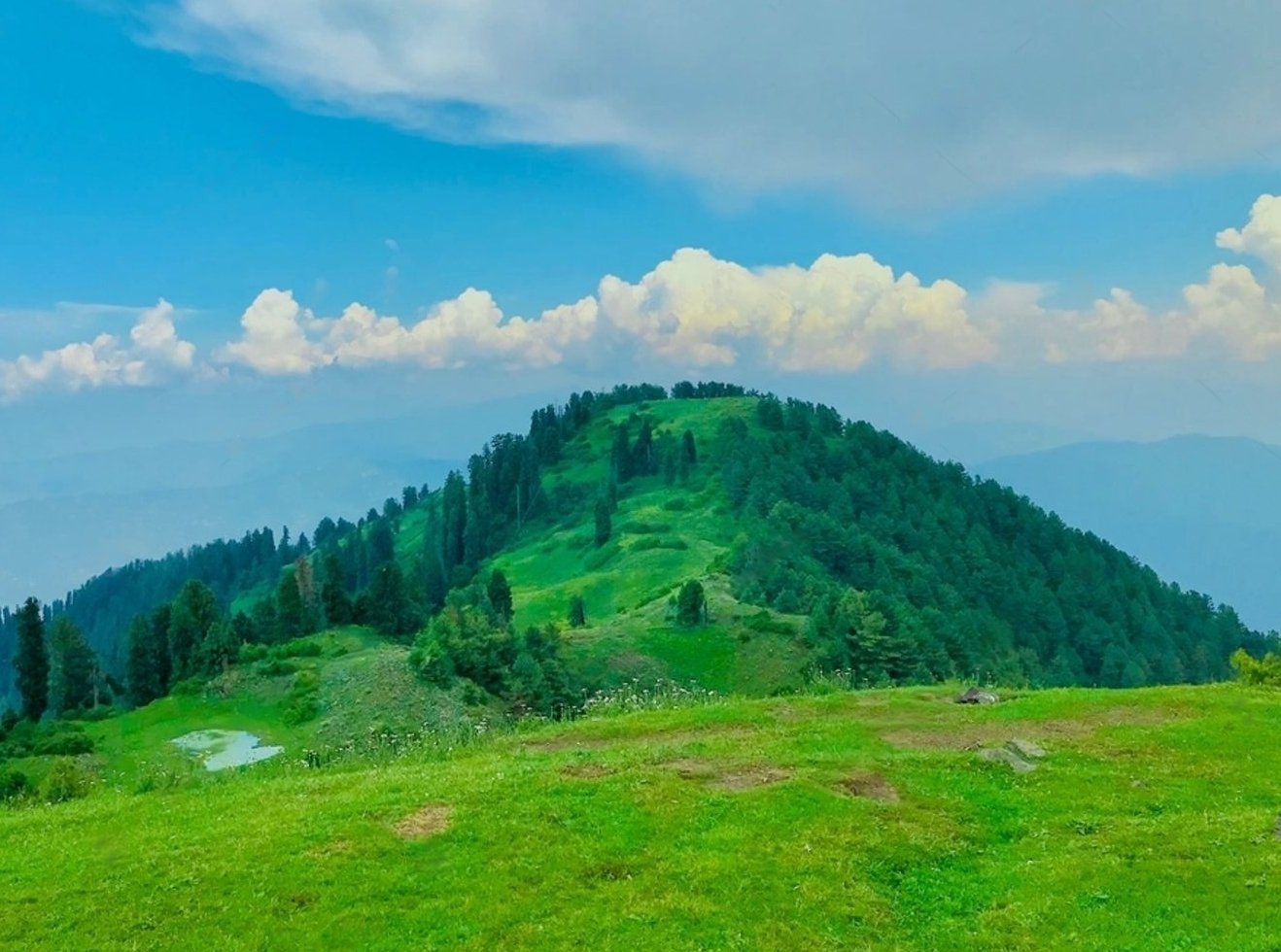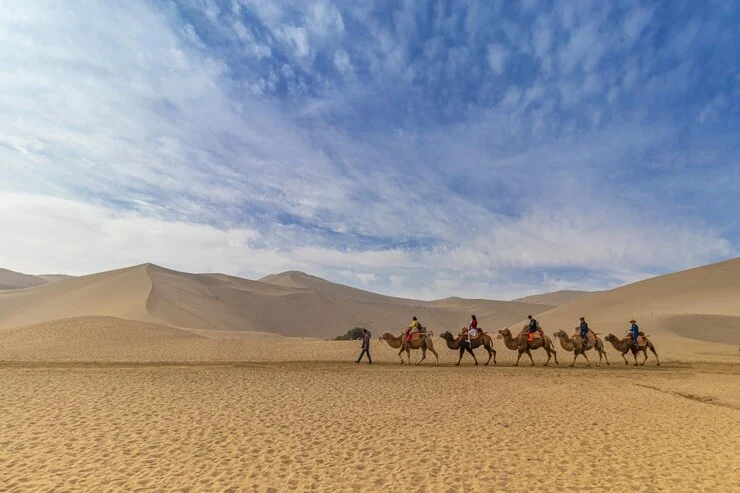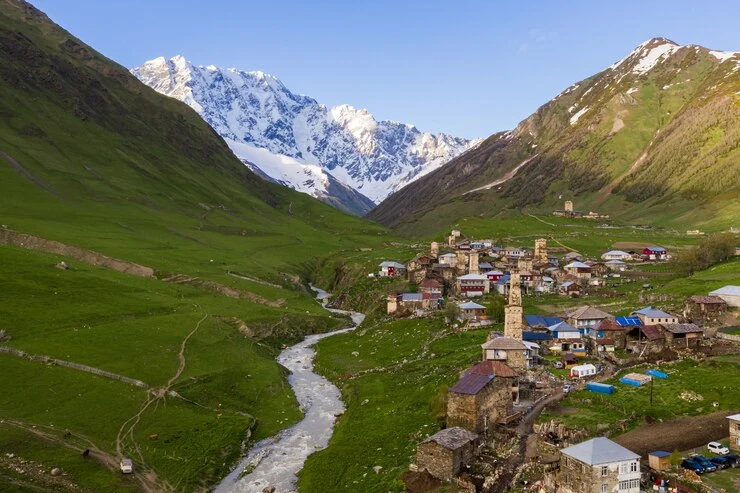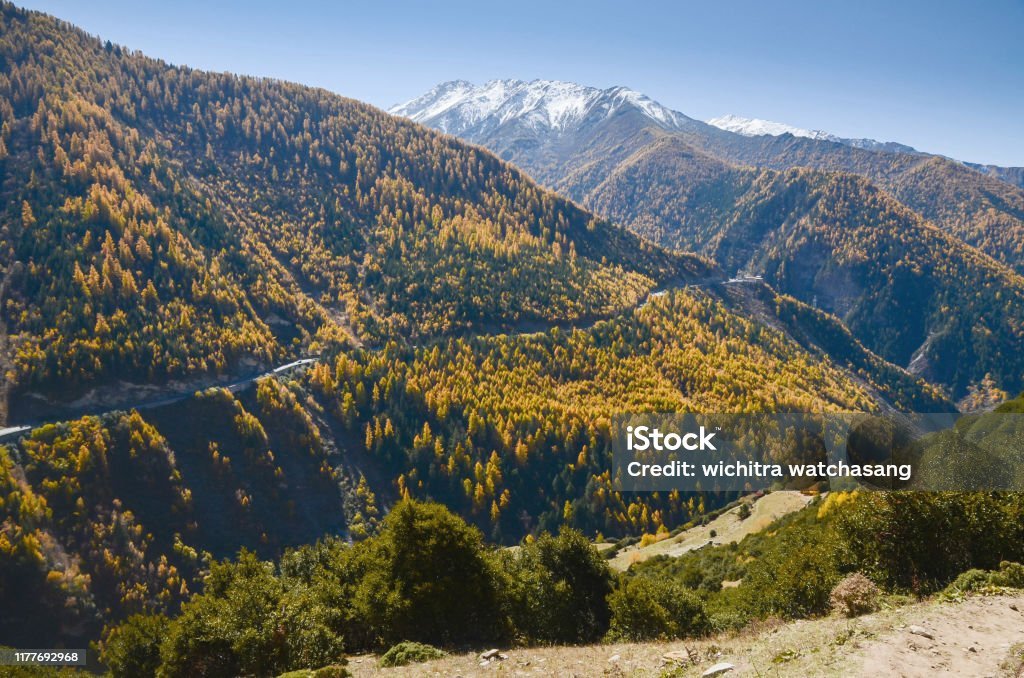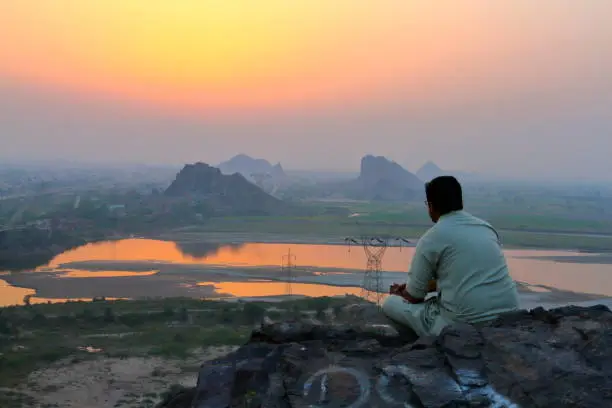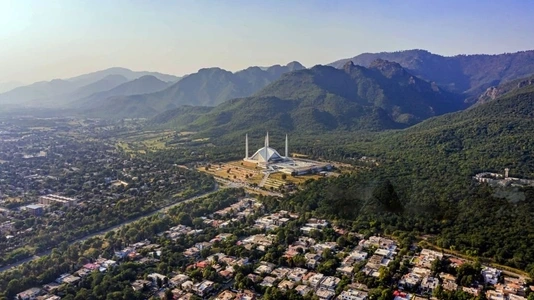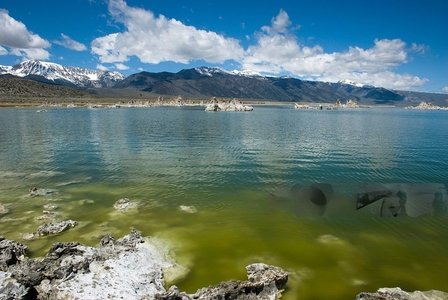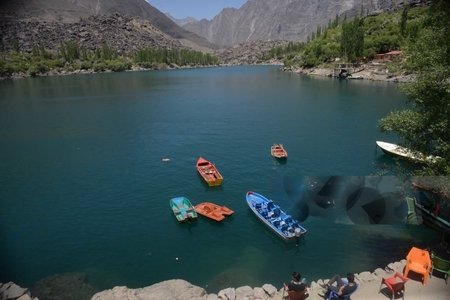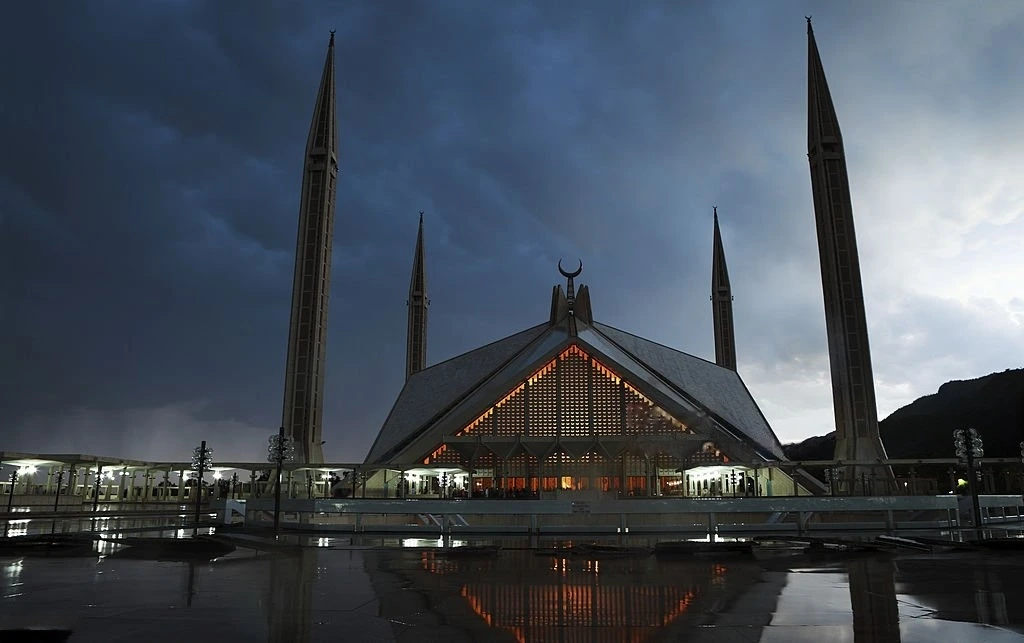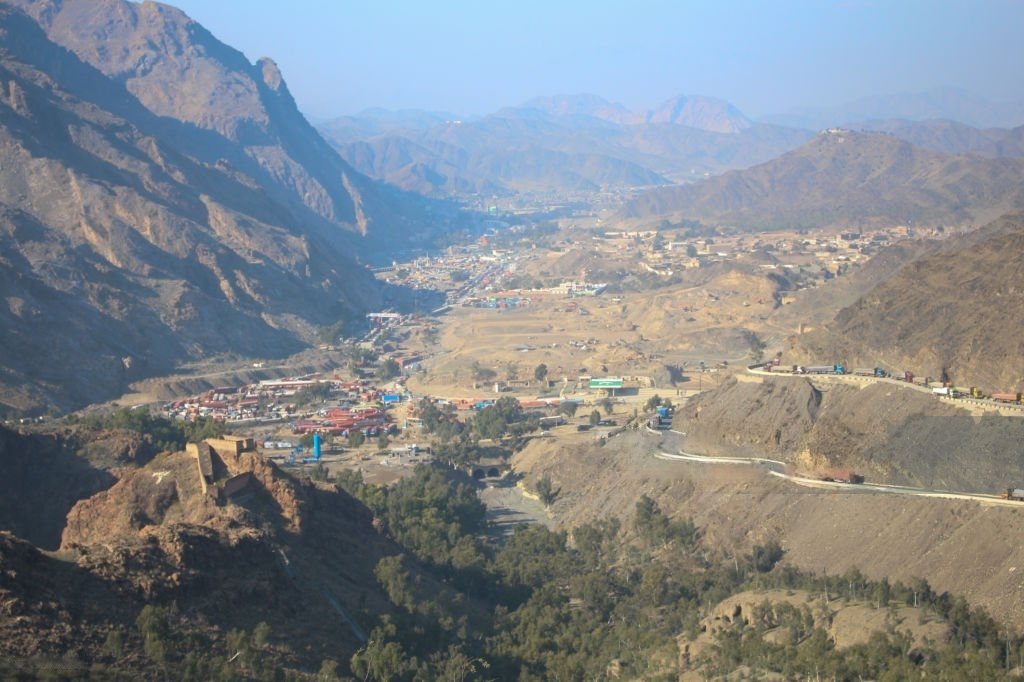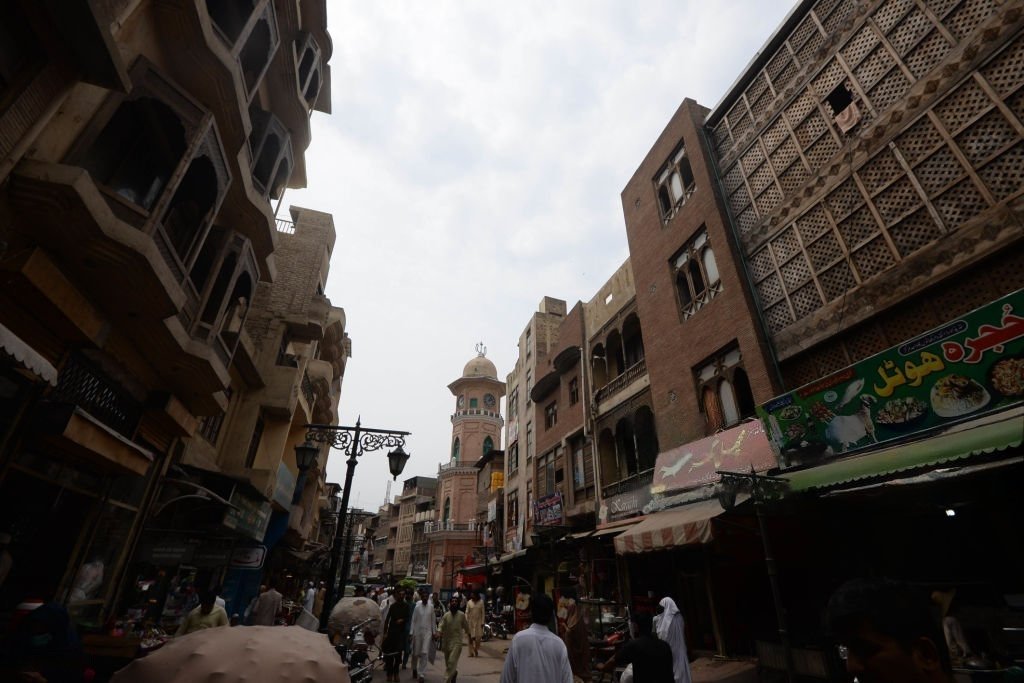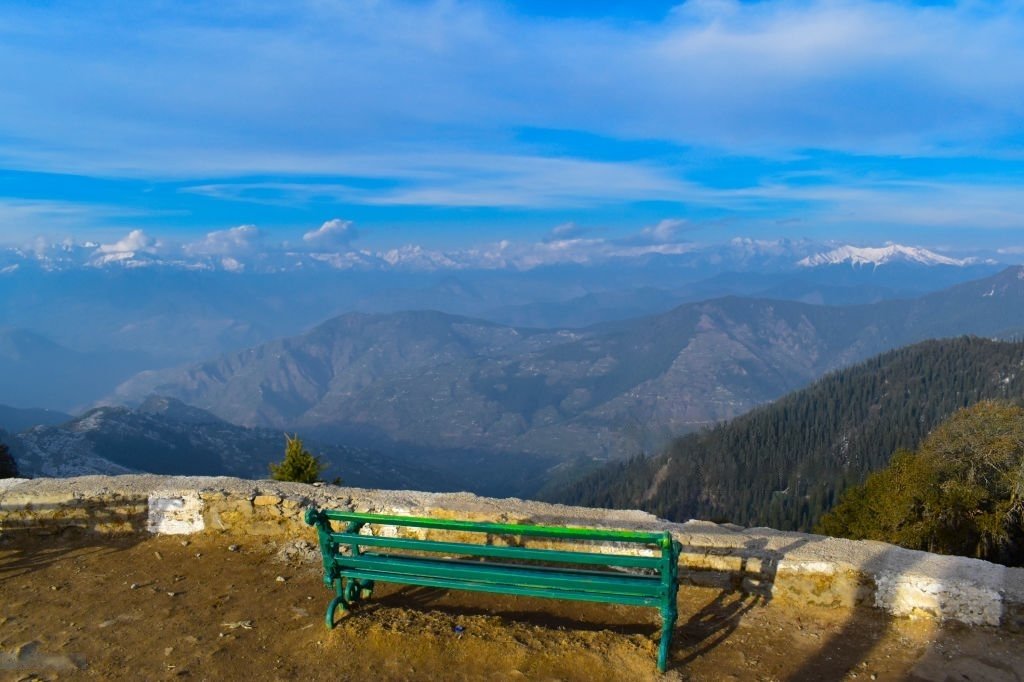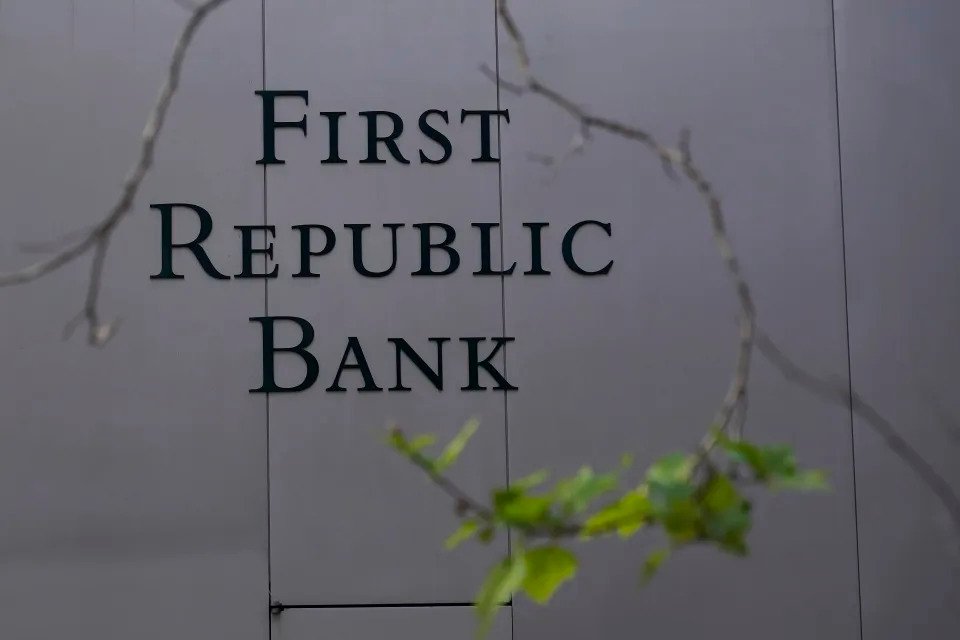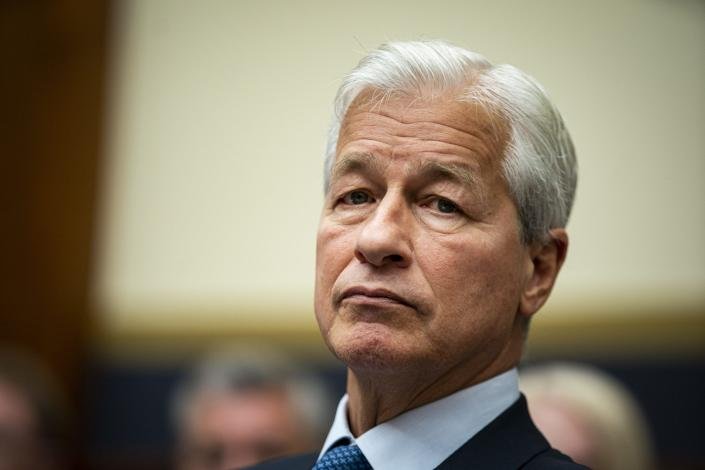Land serves as a crucial resource, fundamental to the existence of a nation-state. However, conventional land management practices in Pakistan face challenges such as administrative inefficiencies, corruption, and a lack of transparency, leading to land conflicts and poor management.
The First Green Revolution in Pakistan: Past Success and Current Challenges
In the mid-sixties, Pakistan initiated its First Green Revolution, witnessing a significant increase in food grain output through innovative technologies. However, today, the gap between population and production is widening, coupled with a decline in cultivated land. Agriculture-related imports have surged to $10 billion, creating economic stress. According to the World Food Program, 18.3% of Pakistanis are facing acute food crises.
Current Agricultural Issues and the Need for Change
Pakistan’s agriculture is currently facing subpar productivity, marked by an escalating wheat shortage and a substantial 40% decline in cotton output over the last decade. To tackle these pressing issues, a crucial and promising initiative is needed. The focus of this initiative should be on modern agro-farming, strategically harnessing the potential of over 9 million hectares of unused state land. This approach seeks to revitalize the agricultural sector, addressing the widening gap between demand and production. By embracing innovative practices and optimizing uncultivated land resources, Pakistan can pave the way for a more sustainable and robust agricultural future, ensuring food security and mitigating the challenges that have hampered productivity in recent years.
Also Read: What is the Pakistan’s First Netflix Original?
The Land Information and Management System (LIMS): A Digital Solution
To address these challenges, the establishment of the Land Information and Management System – Center of Excellence has been initiated. LIMS serves as a digital platform to optimize agricultural production, ensuring food security, and fostering sustainable practices through the implementation of innovative technologies.
Identifying Unused State Land and Coordination with Provinces
LIMS, collaborating with all provinces, has pinpointed approximately 4.4 million acres of unutilized state land. This comprises 1.3 million acres in both Punjab and Sindh, 1.1 million acres in Khyber Pakhtunkhwa, and 0.7 million acres in Balochistan. The objective is to overhaul land management, initiating a transformative change in agricultural development. This strategic identification of unused state land underscores LIMS’ commitment to optimizing agricultural potential across diverse regions, paving the way for a paradigm shift in the nation’s farming landscape.
Revolutionizing Agriculture through Modern Practices
LIMS introduces contemporary farming practices such as precision farming, biotechnology, irrigation management, pest management, agroforestry, and aquaculture. These practices are expected to increase production yield, decrease input costs, minimize environmental impact, and support research and development.
Addressing Seed Challenges and Collaborative Efforts
While the world uses 80% hybrid seeds, Pakistan only utilizes 8%. LIMS aims to enhance seed quality by partnering with multinational companies and introducing certified hybrid seeds, addressing the country’s seed shortage.
Leveraging Technology for Immediate Impact
LIMS offers more than a long-term strategy; it ensures immediate gains by enhancing transparency, efficiency, and equality in the system. Real-time data collection, processing, and reporting enable swift problem identification and implementation of solutions. This guarantees a boost in agricultural output promptly, effectively addressing concerns related to food security.
Conclusion: A Bright Future for Pakistan’s Agriculture
By leveraging expertise, resources, and technology, LIMS offers a well-calibrated project to revolutionize land management in Pakistan. This initiative not only addresses immediate threats to food security but also opens avenues for export possibilities, economic expansion, innovation, and job creation.

